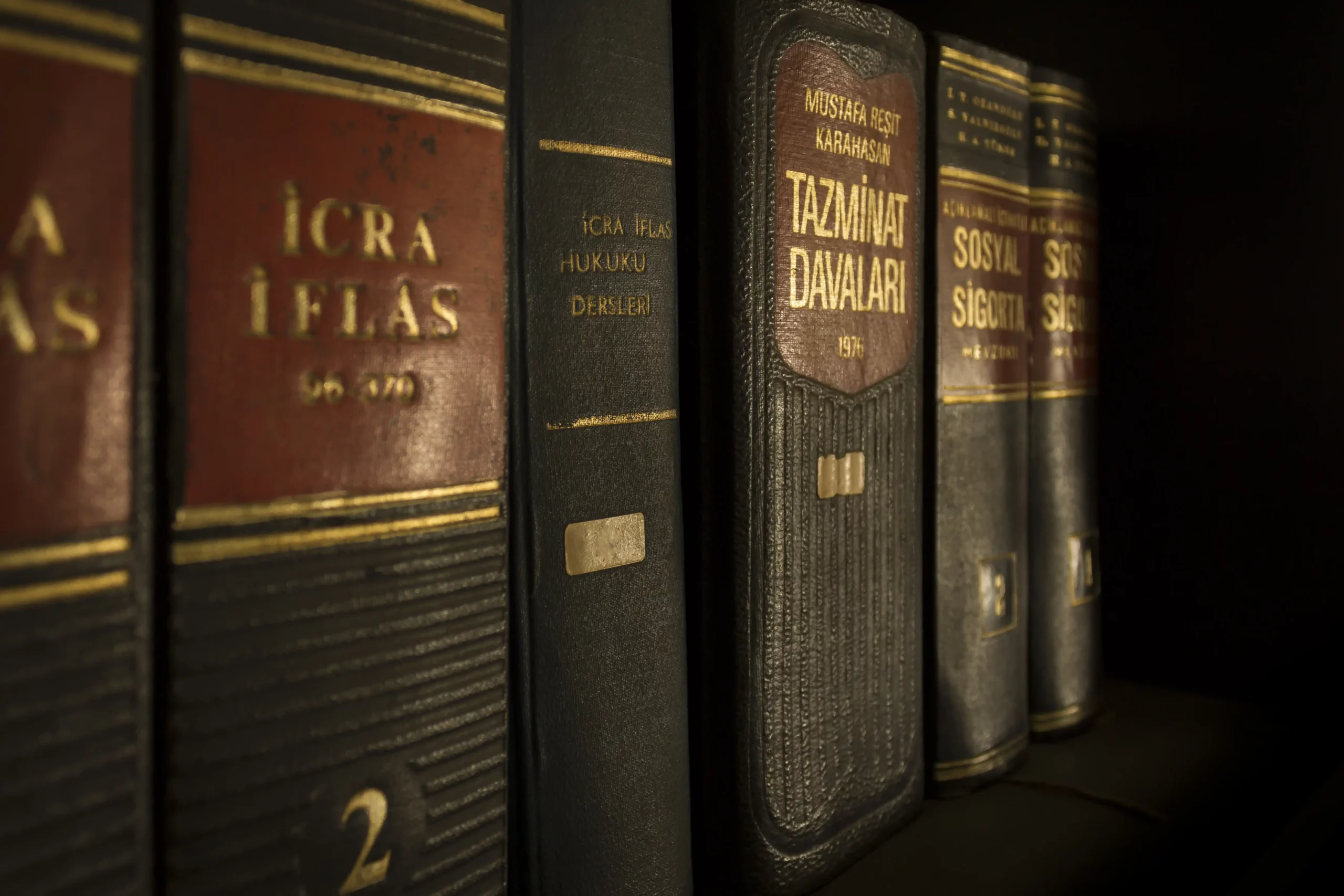
ARTICLES & UPDATES
KEEP IN TOUCH

Kuwait Law
1. Introduction
There has been a tremendous growth in the field of International arbitration in the past twenty years, becoming perhaps the most popular method of resolving disputes that crop up from international business transactions. Arbitration is comparatively cost effective, swift and unproblematic than going to court. In most countries if there is a signed and binding international agreement to arbitrate it will be recognized. The legal system is diverse, each country follows its own systems and rules. The main advantage of arbitration is that to a great extent the parties can exercise the choice of legal rules. In today’s commercial world where disputes across national boundaries have become commonplace, most international agreements provide for dispute resolution through more neutral backing of arbitration and mediation in an effort to avoid the uncertainties and complexities of foreign courts.
Even though it is not easy to avoid the mandatory laws of Kuwait which unboundedly supports its citizens, to some extent the arbitration clauses help. In order to refer a dispute to arbitration there must be an express written agreement between the parties and the foreign investor can put an arbitration clause next to the choice of law clause. There should also stipulate what law will be applied and in which arbitration forum the case will be heard. Again, this choice can be important.
Most often, the Kuwaiti courts will not exercise jurisdiction in cases, where there is an express agreement between the parties to refer a dispute to arbitration. It is a common practice in Kuwait that companies which start up business in Kuwait include in their contracts arbitration clauses, where the parties agree to have their dispute resolved by arbitration conducted in accordance with the procedural rules of the International Chamber of Commerce or any other international arbitral forum.
2. The concept of Arbitration under Shari’a
Sharia evolved between the eighth and tenth centuries of the Common Era and represents one of the great achievements of the Arab-Islamic civilization during its golden era. Arbitration is a word, term and system known by Islam almost 1400 years ago and sharia adopted and implemented arbitration in its modem sense. (“Verily! Allah commands that you should render back the trust to those, to whom they are due; and that when you judge between men, you judge with justice.”)
The foundations of all the four dominant schools of law, and thus the basis of Shari’ a are the Quran, Prophet Muhammad’s (PBUH) sunna and the tafsirs of the six most authentic Companions. Arbitration is a deeply-rooted historical means used to settle different disputes, and it predates the state judiciary, or even the.state itself. During the earlier days arbitration did not have any jurisdictional nature and it was close to conciliation. Islamic Law used the word “Hakam” to classify different meanings and that is the cause for the confusion and misunderstanding among some scholars as to the difference between arbitration and conciliation in Islam. The word refers in its strict sense to a person who is ‘authorized’ to undertake a specific mission .. Accordingly, the word can be used in its broad sense to refer to an authorized person to dispose of rights, to settle differences between the disputants by suggesting settlement or helping them to reach it, or by issuing a binding decision to settle their dispute. The Holy Qur’an, in several places, refers to the principle of resolving disputes amicably, calling on the parties to a conflict to forgive; for to forgive elevates a person to eternal nobility and brings to the forgiver greater spiritual benefits.
Arbitration (tahkim) is recognised by Islamic Law (Sharia) as a method for the settlement of disputes. It has been provided for and recognized by the four sources of Sharia; the Quran; Sunna (the acts and sayings of the Prophet Muhammad (PBUH)); Idjma’ (consensus of opinion) and Qiyas (reasoning by analogy).
Arbitration has also been used as a means for resolving disputes by the companions of the Prophet).
The early Muslims had practiced arbitration on a large scale as a successful means of settling all types of dispute questions. According to Richard Jennings, the Ottoman Kaiseri courts had functionaries known as muslihun, from the word sulh or sullah, who practiced negotiation. Often, these muslihun resolved disputes and the best tradition of Islamic philanthropy and compassion, did it anonymously, without seeking any credit, fame, or accolade.

